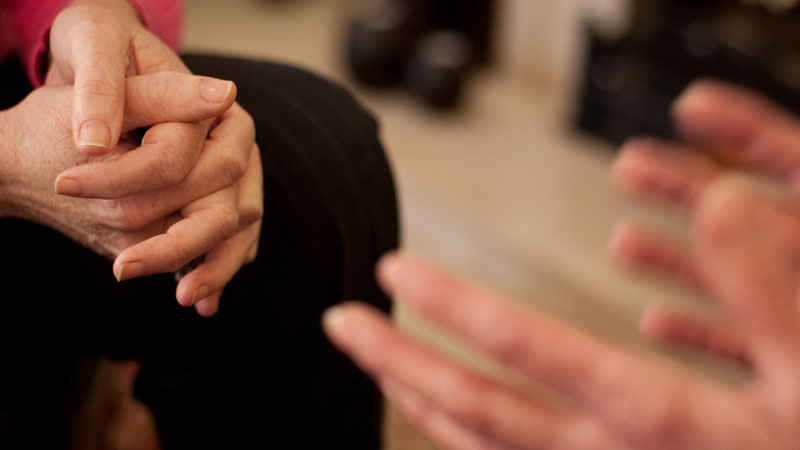Top therapist quits industry body over reluctance to sign gay ‘conversion’ therapy agreement

A senior accredited counsellor and psychotherapist with 35 years of expertise is walking away from one of the leading professional industry bodies in the UK over its apparent reluctance to re-sign an agreement to stop patients gaining access to gay ‘conversion’ therapy.
In a post published to the Pink Therapy blog, Dominic Davies said he felt “incredibly let down” by the British Association for Counselling and Psychotherapy (BCAP) after they indicated a reluctance to re-sign a revised Memorandum of Understanding on Conversion Therapy (MoU) in the UK – an agreement that recognises that efforts to try to change or alter sexual orientation through psychological therapies are unethical and potentially harmful.
The MoU was signed by fourteen organisations including NHS England and the British Psychological Society last year, setting out an agreed framework to tackle the issues raised by the practice of conversion therapy in the UK.
In his open letter, Davies went on to accuse BCAP of failing to provide resources to help members better aid LGBT mental health clients.
“As LGB and T people are over represented in the therapy-consuming population, due to demonstrably higher levels of mental distress and self harm there is an obvious and urgent need for counsellors to be able to provide skilled therapeutic support,” he writes.
“This is a rapidly changing field in terms of our knowledge about gender and sexual minority groups, language and concepts are continuously shifting especially with regard to trans issues.
“There has been fairly recent legislation affecting LGB and T people’s rights, which therapists are likely to be unaware of. BACP has an obligation to ensure that therapists are to be kept up to date on all this.”

Gay conversion therapy has been a controversial sticking point among mental health professionals. Earlier this month, campaigner Mathew Shurka spoke to Attitude about his long campaign to have the practice outlawed in the US.
Pointing to recent research, Davies added that LGBT clients have often felt “poorly served” by the “appalling attitudes” to gender, sexual and relationship groups prevalent among mental health professionals.”
Equally, Davies said the body has failed to leverage its professional standing “to improve the confidence of therapists to know how best to respond to such requests from clients”.
“How are therapists supposed to be able to deliver competent and ethical therapy without specific training about gender, sexual and relationship diverse clients?” he wrote.
“For example, without knowledge of the specific mental health needs and socio-cultural contexts in which minority stress and micro aggressions contribute to much higher rates of depression, suicide and self harm, (with bisexuals and gender variant people having significantly poorer mental health than lesbians and gay men).”

Davies predicted BACP members were unlikely to re-sign a revised MoU inclusive of transgender issues and asexuality, which was to be presented at a BACP Board of Governors meeting in March.
“I seriously doubt the Governors of BACP will be a particularly well informed group of individuals who will have their finger on the pulse regarding trans and asexuality issues so this a great way for the Executive of BACP to pass the buck,” he said.
With his BACP membership expiring next month, Davies says he would be joining the National Counselling Society as a “much more responsive professional body”, after they indicated, “they have voted for an inclusive MoU v.2”.
Davies today added he felt “incredibly moved” for the support he had received for “taking a principled stand and raising awareness of their failure to address the mental health needs of our community.”
More stories:
Gay soldiers’ first kiss as a married couple breaks the internet
Is this The Game’s most explicit selfie yet? (NSFW)
